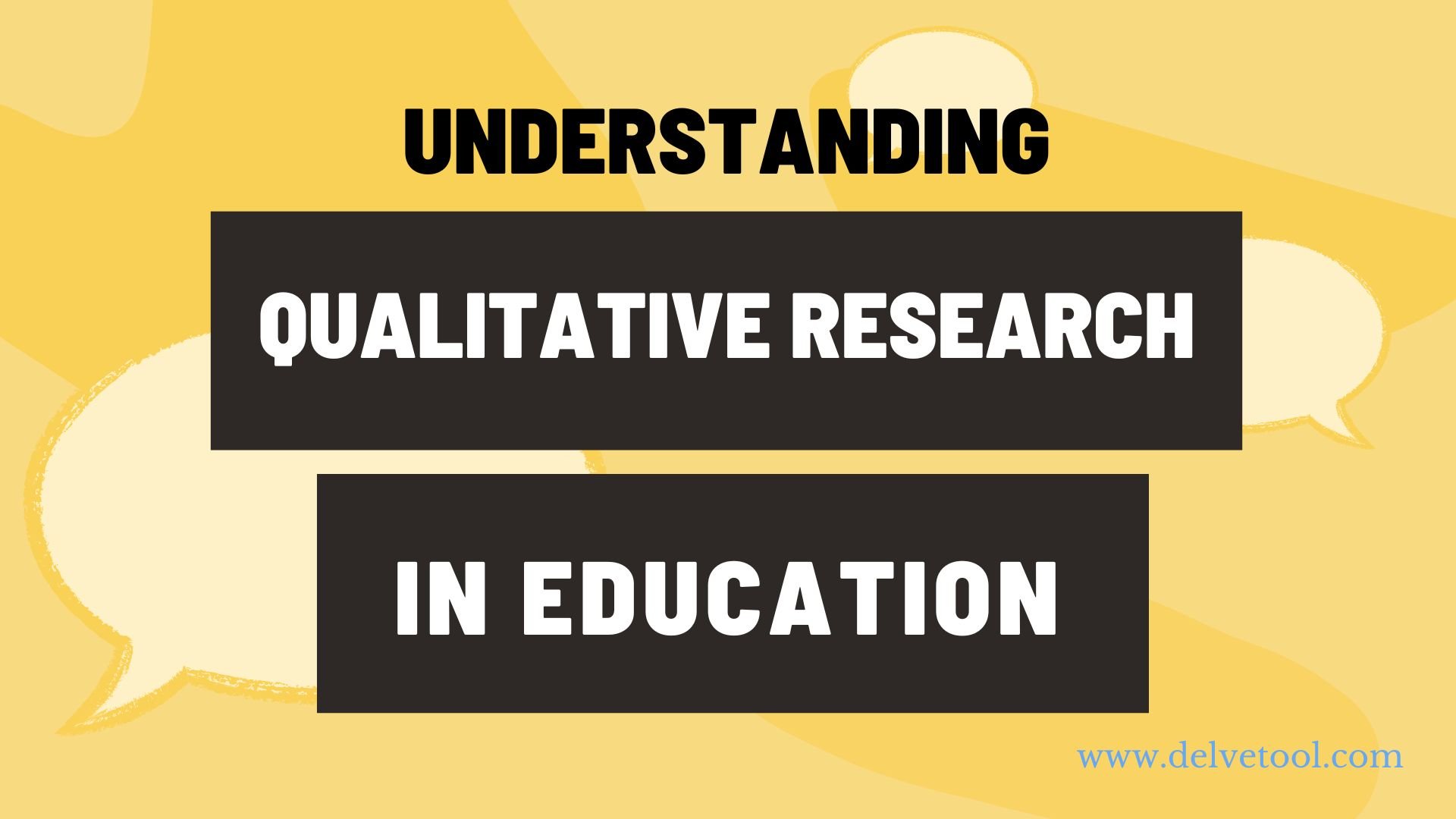Educational research is a systematic inquiry into the nature, purpose, and effectiveness of education. It involves the collection, analysis, and interpretation of data related to teaching and learning. Through research, educators and policymakers can gain valuable insights into how to improve teaching practices, student learning, and educational systems as a whole.
Types of Educational Research
- Quantitative Research: This type of research involves collecting and analyzing numerical data. It uses statistical methods to identify patterns and trends.
- Experimental Research: Researchers manipulate variables to determine cause-and-effect relationships.
- Correlational Research: Researchers examine the relationship between two or more variables.
- Survey Research: Researchers collect data from a large sample of participants using questionnaires or surveys.
- Qualitative Research: This type of research involves collecting and analyzing non-numerical data, such as interviews, observations, and documents.
- Case Study Research: Researchers conduct in-depth investigations of specific cases or individuals.
- Ethnographic Research: Researchers immerse themselves in a particular culture or setting to understand its values, beliefs, and practices.
- Grounded Theory Research: Researchers develop theories based on data collected through observation and interviews.
Key Areas of Educational Research
- Learning Theories: Research on how people learn, including cognitive, behavioral, and social learning theories.
- Curriculum Development: Research on the design, implementation, and evaluation of curricula.
- Instructional Strategies: Research on effective teaching methods, such as problem-based learning, cooperative learning, and inquiry-based learning.
- Assessment and Evaluation: Research on the development and use of assessment tools to measure student learning.
- Teacher Education: Research on the preparation and professional development of teachers.
- Educational Technology: Research on the use of technology to enhance teaching and learning.
- Educational Policy: Research on the impact of educational policies and reforms.
The Role of Educational Research in Improving Education
- Informing Policy and Practice: Research findings can inform educational policies and practices, leading to evidence-based decision-making.
- Identifying Effective Interventions: Research can identify effective interventions to address specific educational challenges.
- Improving Teaching and Learning: Research can help teachers develop more effective instructional strategies.
- Promoting Equity: Research can help to identify and address inequalities in education.
- Fostering Innovation: Research can encourage innovation and creativity in education.
By conducting rigorous research, educators and policymakers can work together to create more effective and equitable educational systems.
Would you like to delve deeper into a specific area of educational research, such as the impact of technology on learning, the effectiveness of different teaching methods, or the challenges of assessing student learning?









+ There are no comments
Add yours